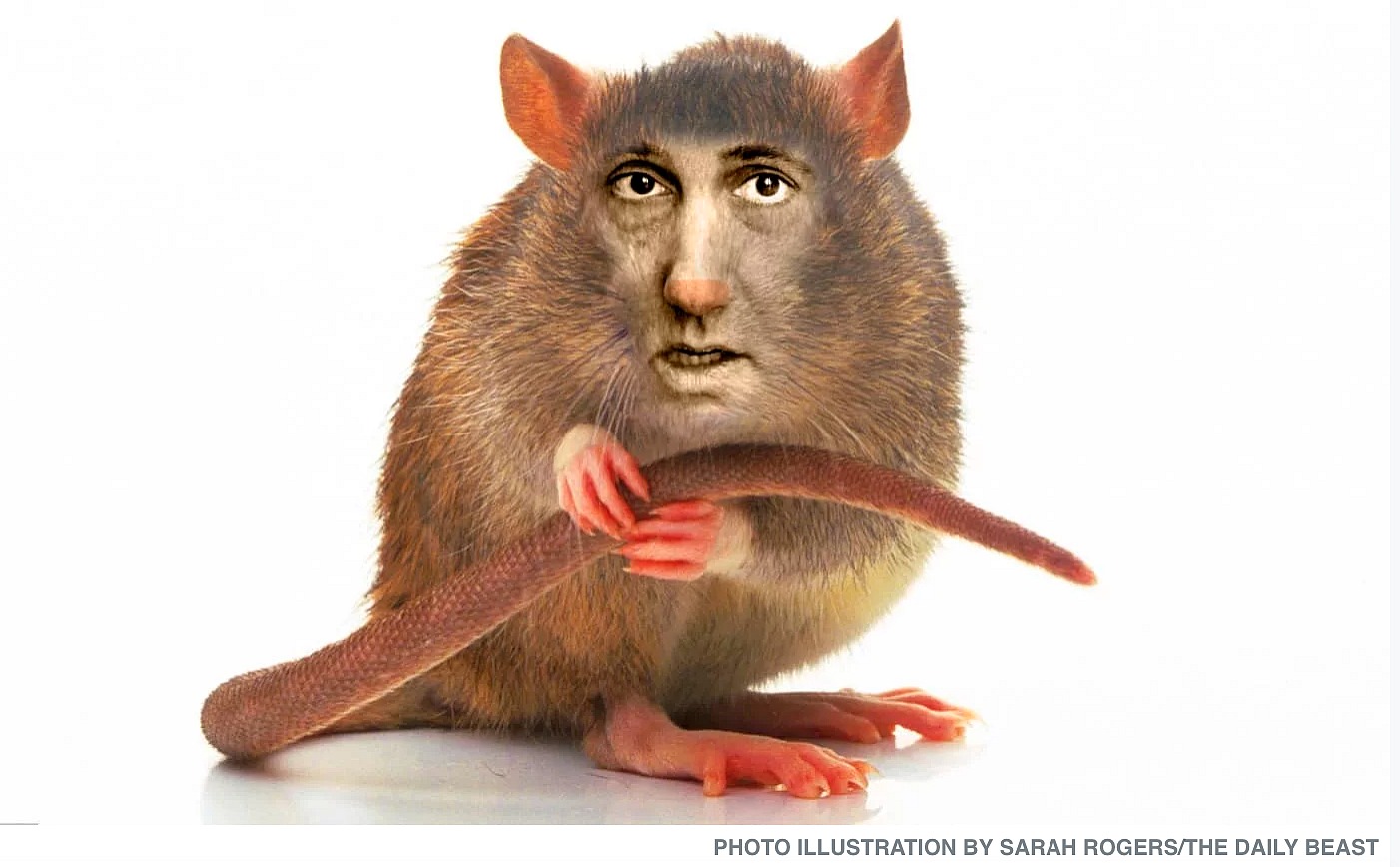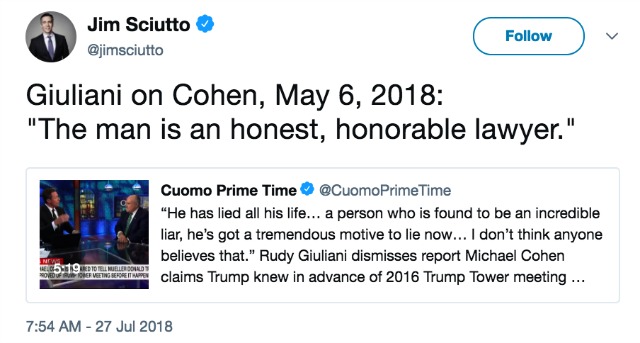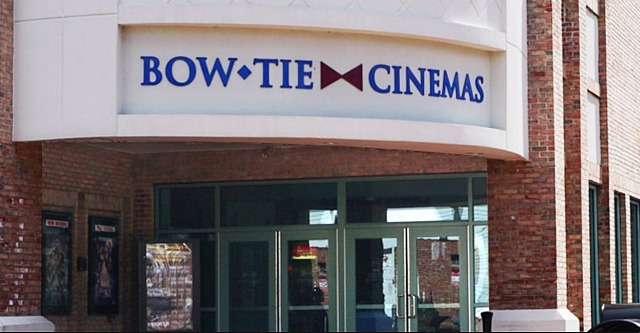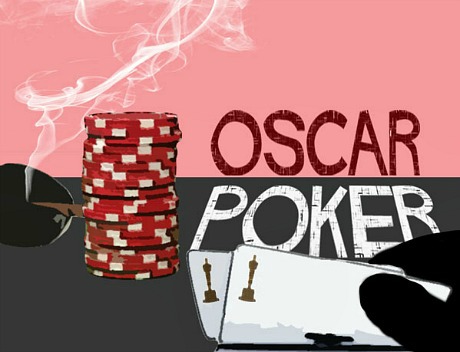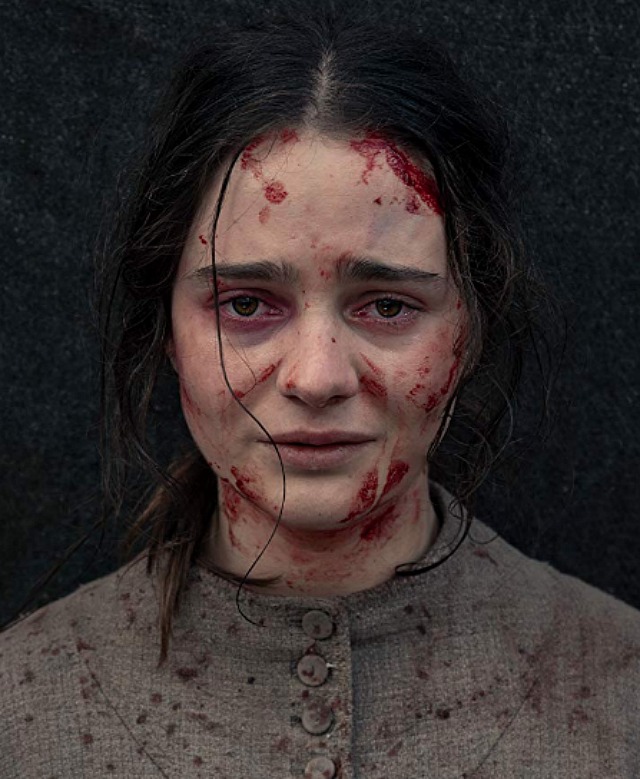Twice I’ve written about lowballing a waitress because the restaurant refused to turn the loud music down, and both times I was beaten up badly by commenters. And I’m a regular 20% tipper, mind. In these two instances, however, I went well below 20%. I actually went 5% in one situation and didn’t tip at all in the second, and the response from the HE community was that I basically needed to go into my bathroom and hang myself.
The first article, posted on 7.24.10 and called “For The Birds“, was about a horrible experience eating at Sur, a West Hollywood hotspot. The second piece, posted on 6.21.13 and titled “Punishment“, was about a similar experience in a downtown Manhattan place called Vintry.
In both situations there was no question that the restaurant managers had more or less told me to go fuck myself when I pleaded with them to turn the music down, and yet I was the bad guy for declining to tip (or under-tipping) the waiter or waitress who was involved in the back-and-forth.
Just as waiters and waitresses reap the tipping benefits when the food is great and the service exceptional, they also have to bear the brunt when a restaurant makes a customer angry — rules of the game.
I’m mentioning this for perspective’s sake because of a 7.27 eater.com piece called “The No-Tipping Point — Inside the twisted minds of deliberately bad tippers.” The author is Monica Burton, and it’s a great read. I at least had a reason for under-tipping or not tipping at all — the people in Burton’s piece are shitty tippers no matter what.
HE to commenters: If I needed to hang myself for my two offenses, what do Burton’s people need to do? Jump into a pit filled with hungry alligators? Chug a bottle of liquid Drano?
Excerpt: “’I just don’t feel the need to tip that much,’ explains Sam, a 29-year-old woman living in New York City. ‘I spend a lot on food and alcohol and travel because I enjoy those things. I’ll tip a little bit but I don’t feel like I need to tip a lot.’
“Sam knows that she should tip, and shame around not tipping well is one of the reasons she has asked not to be identified by her full name here.
“Her standard tip is around $5, whether the bill is $50 or $100. (This is up from $1 or $2, the amount she’d drop when she first started dining out as a college student in Indiana.) There have been times when she hasn’t left a tip at all — not because service was bad, but just because she didn’t feel like tipping that day.
“Sam knows the amount she chooses to tip isn’t the norm. In fact, one of the reasons she doesn’t think she needs to tip is because she believes everyone else tips enough to make up for it. ‘They’re making $5 off of me and the next person they’ll get like $25, $30, and that’s all going to their pocket, so what’s the difference?’ she says. ‘I’d rather spend that money on other things.’
“Sam says her friends all tell her that she should tip at least 18 percent, but she just doesn’t care that much. ‘I’m not going to be rude and say I don’t care, but I actually really don’t care,’ she says. ‘That’s not my concern. I don’t know you. You chose that profession.'”



